Home>Home Appliances>Laundry Appliances>Why Does My Washing Machine Smell Like Sewer
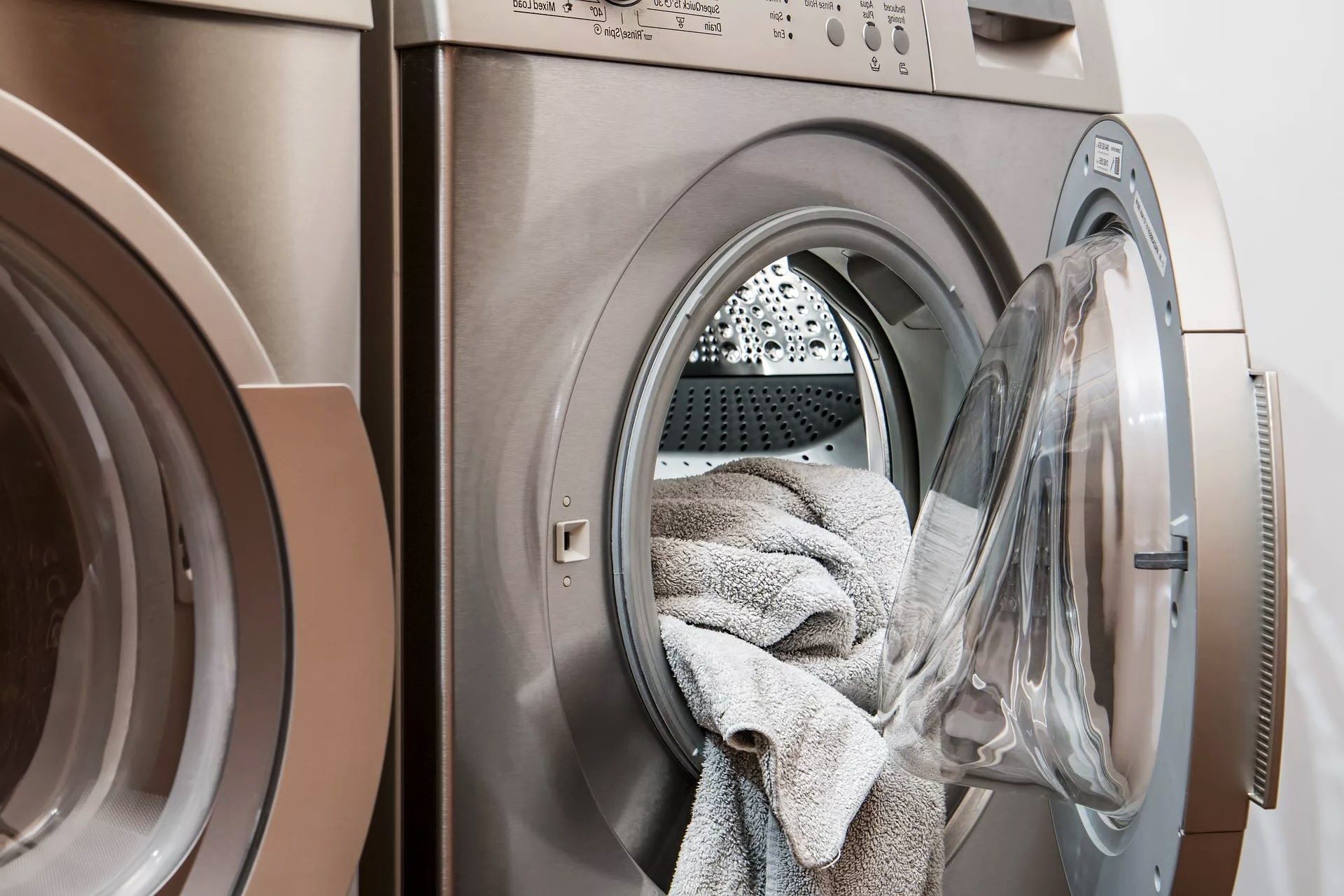

Laundry Appliances
Why Does My Washing Machine Smell Like Sewer
Modified: August 27, 2024
Discover the reasons why your laundry appliances, like washing machines, emit a sewer-like odor. Learn how to eliminate the unpleasant smell for fresher, cleaner laundry.
(Many of the links in this article redirect to a specific reviewed product. Your purchase of these products through affiliate links helps to generate commission for Storables.com, at no extra cost. Learn more)
Common Causes of Washing Machine Odor
Unpleasant odors emanating from your washing machine can be quite bothersome, but understanding the common causes can help you address the issue effectively. Here are the typical culprits behind washing machine odor:
-
Residual Detergent and Fabric Softener: Over time, detergent and fabric softener can accumulate in the nooks and crannies of your washing machine, leading to a musty smell. This residue provides an ideal breeding ground for mold and mildew, resulting in unpleasant odors that can transfer to your laundry.
-
Moisture Build-Up: When moisture lingers in the washing machine after a laundry cycle, it creates a damp environment conducive to mold and mildew growth. This can occur if the washing machine door is closed immediately after use, preventing proper ventilation and allowing moisture to accumulate.
-
Clogged Drain: A clogged or partially obstructed drain can lead to stagnant water in the washing machine, causing a foul odor reminiscent of sewer gas. This issue is often accompanied by slow drainage and may require professional intervention to resolve.
-
Dirty or Clogged Filter: The washing machine's filter is designed to trap debris and lint, but when neglected, it can become clogged with residue, leading to a musty odor. Regular cleaning of the filter is essential to prevent this issue.
-
Rubber Door Seal: The rubber door seal, also known as the gasket, can harbor moisture and detergent residue, providing an ideal environment for mold and mildew to thrive. This can result in a pungent odor that permeates your laundry.
-
Hard Water Build-Up: In areas with hard water, mineral deposits can accumulate in the washing machine, leading to a musty or metallic odor. These deposits can also affect the efficiency of the machine if left unaddressed.
Understanding these common causes of washing machine odor empowers you to take proactive measures to prevent and address the issue effectively. By implementing proper cleaning and maintenance practices, you can ensure that your washing machine remains odor-free, providing fresh and clean laundry with every wash.
Key Takeaways:
- Combat washing machine odor by using high-efficiency detergent, running hot water cycles, and leaving the door ajar to prevent mold and mildew growth. Regular maintenance and cleaning keep your laundry smelling fresh.
- Professional technicians offer thorough cleaning, drain maintenance, and odor-neutralizing treatments to eliminate persistent washing machine odors. Their expertise ensures a fresh and pleasant laundry experience for homeowners.
Read more: Why Does My Basement Smell Like Sewer
Tips for Preventing Sewer Smell in Washing Machine
Preventing sewer smell in your washing machine is essential for maintaining a pleasant laundry experience and ensuring that your clothes emerge fresh and clean after each wash. By implementing the following tips, you can effectively combat the unpleasant odor and keep your washing machine smelling fresh:
-
Use High-Efficiency Detergent: Opt for high-efficiency (HE) detergent specifically formulated for modern washing machines. These detergents are designed to produce fewer suds, preventing residue buildup and minimizing the risk of unpleasant odors.
-
Run Regular Hot Water Washes: Periodically running a hot water wash cycle without any laundry or detergent can help eliminate accumulated residue and kill mold and mildew. The elevated temperature of the water aids in dissolving and flushing out any lingering deposits, effectively combating odor-causing agents.
-
Leave the Door Ajar: After completing a laundry cycle, leave the washing machine door slightly ajar to promote air circulation and allow any residual moisture to evaporate. This simple practice can prevent the formation of a damp environment conducive to mold and mildew growth.
-
Clean the Rubber Door Seal: Regularly inspect and clean the rubber door seal to remove any trapped debris, moisture, or detergent residue. Wiping the seal with a solution of water and white vinegar can help prevent the development of unpleasant odors and maintain a clean, odor-free washing machine.
-
Use Vinegar or Baking Soda: Incorporate white vinegar or baking soda into your cleaning routine to combat odor and residue. Adding a cup of white vinegar or baking soda to a hot water wash cycle can effectively neutralize odors and dissolve buildup within the washing machine.
-
Inspect and Clean the Drain Pump Filter: Regularly check and clean the drain pump filter to prevent clogs and ensure proper drainage. A clogged filter can lead to stagnant water, resulting in foul odors reminiscent of sewer gas. Refer to the manufacturer's guidelines for specific instructions on accessing and cleaning the filter.
-
Utilize Affresh or Similar Cleaning Products: Consider using specialized washing machine cleaning tablets or solutions, such as Affresh, to effectively clean and deodorize the interior of the machine. These products are designed to target residue and odor-causing agents, promoting a fresh-smelling washing machine.
By incorporating these preventive measures into your laundry routine, you can effectively combat sewer smell in your washing machine and maintain a fresh, odor-free environment for your laundry. Consistent maintenance and proactive cleaning practices will not only eliminate existing odors but also prevent their recurrence, ensuring that your washing machine consistently delivers clean and fresh-smelling laundry.
Cleaning and Maintenance for Odor-Free Laundry
Ensuring that your washing machine remains odor-free involves consistent cleaning and maintenance practices. By incorporating the following strategies into your routine, you can effectively combat unpleasant odors and maintain a fresh-smelling laundry environment.
Regular Cleaning of the Drum and Components
Regularly cleaning the interior of your washing machine is crucial for preventing the accumulation of residue and odor-causing agents. Begin by wiping down the drum, agitator, and other components with a solution of mild detergent and water. Pay close attention to crevices and seals where moisture and debris can collect, as these areas are prone to mold and mildew growth. Additionally, consider using a specialized washing machine cleaner to target stubborn residue and eliminate odors effectively.
Cleaning the Dispenser and Detergent Tray
The detergent dispenser and tray can harbor residual detergent and fabric softener, contributing to unpleasant odors and affecting the cleanliness of your laundry. Remove the dispenser and tray from the washing machine and clean them thoroughly with warm, soapy water. Ensure that all compartments are free from residue and buildup before reinstalling them in the machine.
Read more: Why Does Toilet Smell Like Sewer
Maintenance of the Rubber Door Seal
The rubber door seal, or gasket, is a common area for moisture and residue accumulation, making it susceptible to mold and mildew growth. Regularly inspect the seal for trapped debris and moisture, and clean it using a solution of water and white vinegar. This simple yet effective practice can prevent the development of unpleasant odors and maintain a clean, odor-free washing machine.
Cleaning the Filter and Drain Pump
The filter and drain pump play a crucial role in preventing clogs and ensuring proper drainage. Refer to the manufacturer's guidelines to locate and access the filter, and clean it regularly to prevent the accumulation of debris and residue. Additionally, inspect the drain pump for any obstructions and remove any trapped items or buildup that may contribute to foul odors and drainage issues.
Utilizing Affresh or Similar Cleaning Products
Specialized washing machine cleaning tablets or solutions, such as Affresh, are designed to target residue and odor-causing agents effectively. Incorporate these products into your cleaning routine to maintain a fresh-smelling washing machine and prevent the recurrence of unpleasant odors. Follow the manufacturer's instructions for optimal usage and frequency to ensure the best results.
By adhering to these cleaning and maintenance practices, you can effectively combat odor-causing agents and maintain an odor-free laundry environment. Consistent attention to cleaning the drum, components, dispenser, rubber door seal, filter, and drain pump will not only eliminate existing odors but also prevent their reoccurrence, ensuring that your washing machine consistently delivers clean and fresh-smelling laundry.
Professional Solutions for Eliminating Washing Machine Odor
When persistent washing machine odors prove challenging to eliminate through regular cleaning and maintenance, professional solutions offer effective remedies to restore a fresh and pleasant laundry environment. Professional technicians equipped with specialized knowledge and tools can address underlying issues contributing to washing machine odor, ensuring optimal performance and odor-free laundry. Here are professional solutions for eliminating washing machine odor:
Thorough Inspection and Cleaning
Professional technicians conduct a comprehensive inspection of the washing machine, targeting areas prone to residue accumulation and mold growth. They meticulously clean the drum, agitator, rubber door seal, and other components using professional-grade cleaning agents and tools. This thorough cleaning process effectively removes stubborn residue and eliminates odor-causing agents, restoring the washing machine to a pristine condition.
Drain and Pump Maintenance
Professionals address drainage issues by inspecting and cleaning the drain pump and associated components. They ensure that the drain system is free from obstructions and debris, facilitating proper water drainage and preventing the accumulation of stagnant water that can lead to foul odors. By optimizing the functionality of the drain and pump, professionals mitigate the risk of sewer-like smells emanating from the washing machine.
Seal and Gasket Replacement
In cases where the rubber door seal or gasket has sustained damage or excessive mold and mildew growth, professional technicians may recommend replacement to effectively eliminate persistent odors. By installing a new seal or gasket, they ensure a tight and clean seal, preventing moisture and residue accumulation that can contribute to unpleasant odors.
Odor-Neutralizing Treatments
Professionals utilize specialized odor-neutralizing treatments designed to target and eliminate persistent washing machine odors. These treatments effectively neutralize odors at their source, providing long-lasting freshness and ensuring that subsequent laundry cycles yield clean and odor-free results.
Read more: Why Does Washer Smell Like Rotten Eggs
Maintenance Recommendations
Upon addressing the immediate odor concerns, professional technicians provide valuable maintenance recommendations to prevent the recurrence of unpleasant odors. They may offer guidance on optimal cleaning practices, detergent usage, and maintenance intervals to empower homeowners to maintain an odor-free washing machine effectively.
By leveraging professional solutions for eliminating washing machine odor, homeowners can enjoy a fresh and pleasant laundry experience, free from the persistent odors that detract from the cleanliness of their clothes. Professional technicians bring expertise, precision, and specialized treatments to effectively combat washing machine odors, ensuring that the appliance operates at its best and consistently delivers clean and fresh-smelling laundry.
Frequently Asked Questions about Why Does My Washing Machine Smell Like Sewer
Was this page helpful?
At Storables.com, we guarantee accurate and reliable information. Our content, validated by Expert Board Contributors, is crafted following stringent Editorial Policies. We're committed to providing you with well-researched, expert-backed insights for all your informational needs.
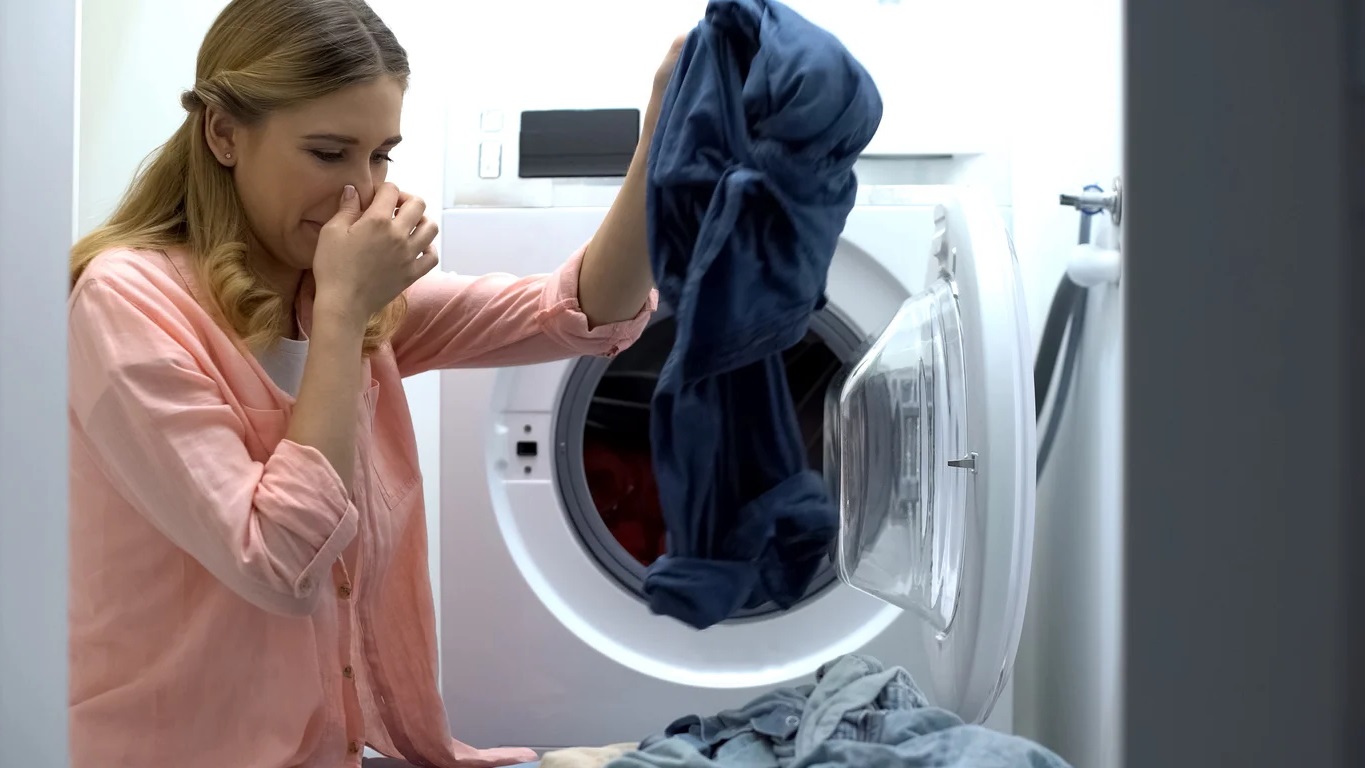
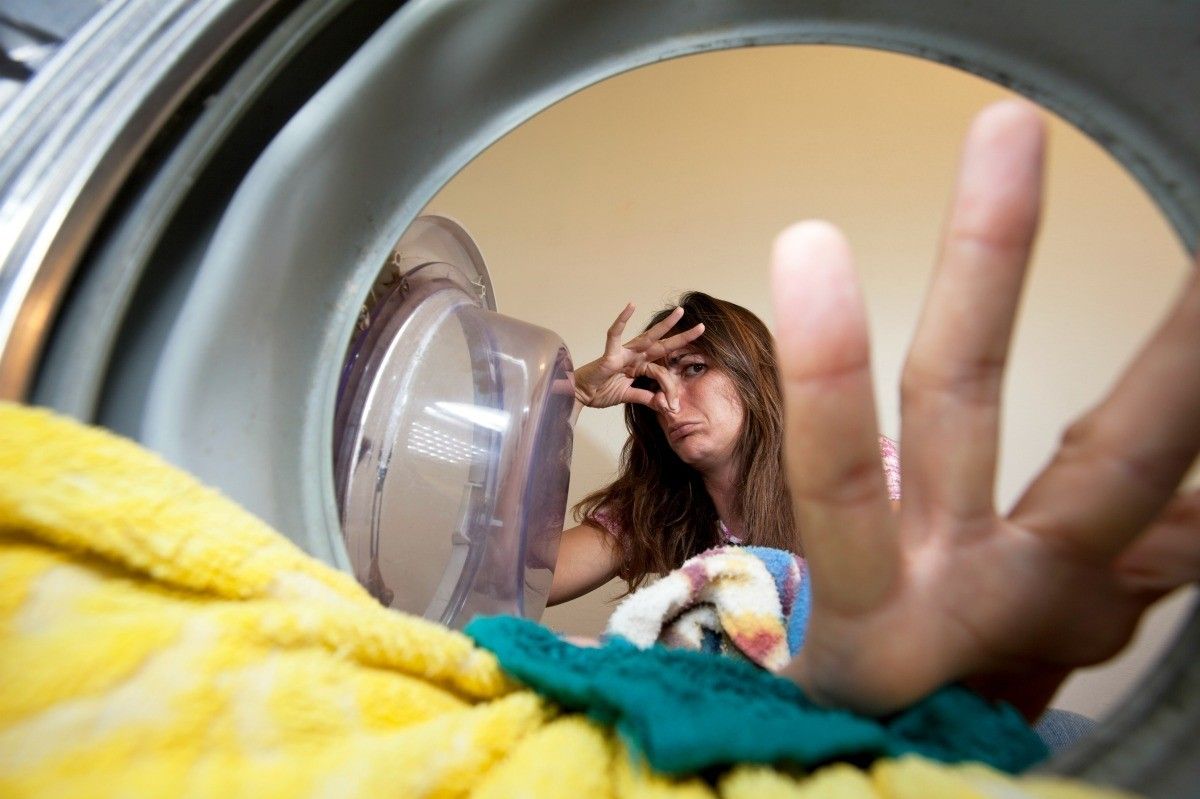

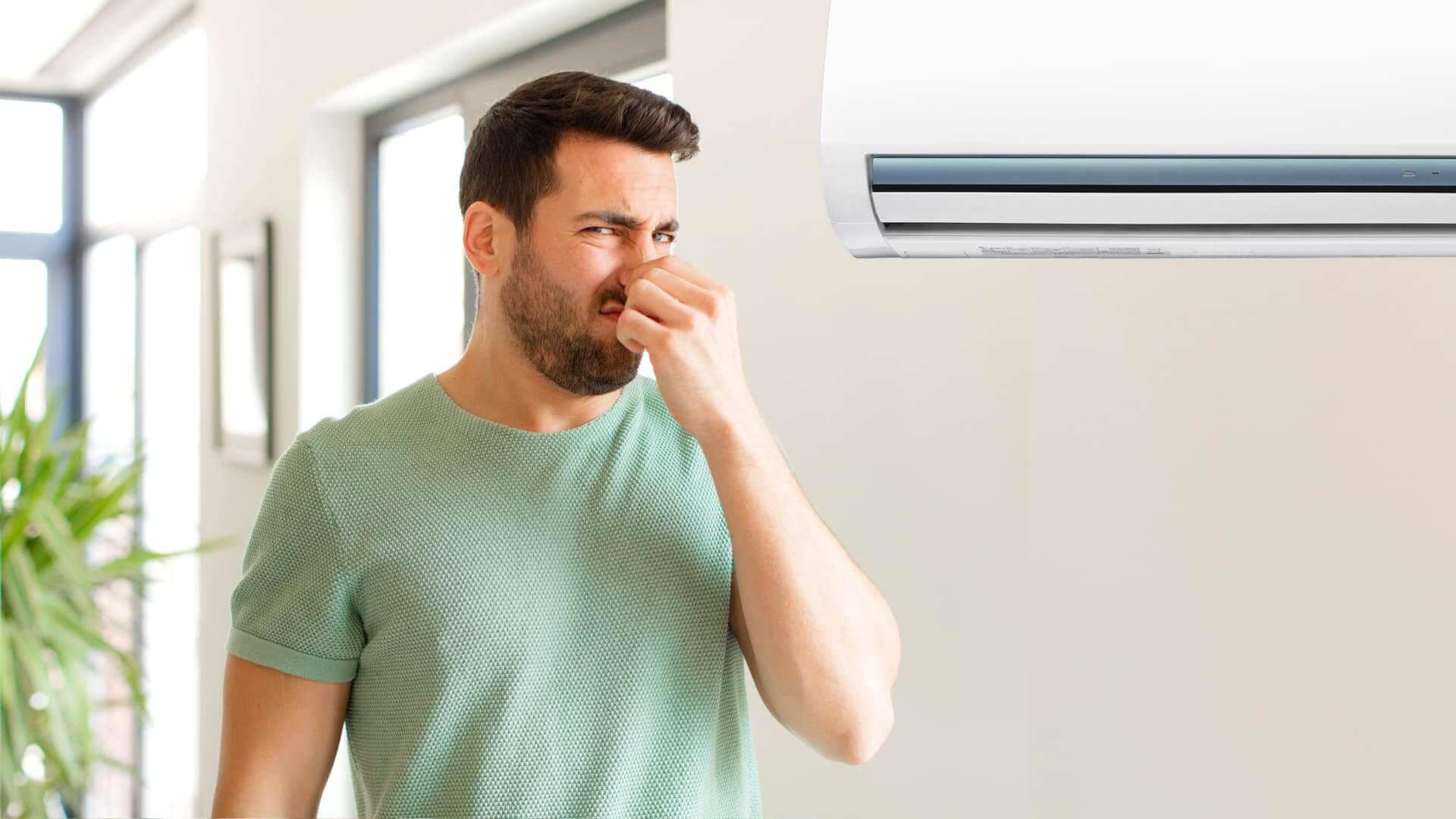
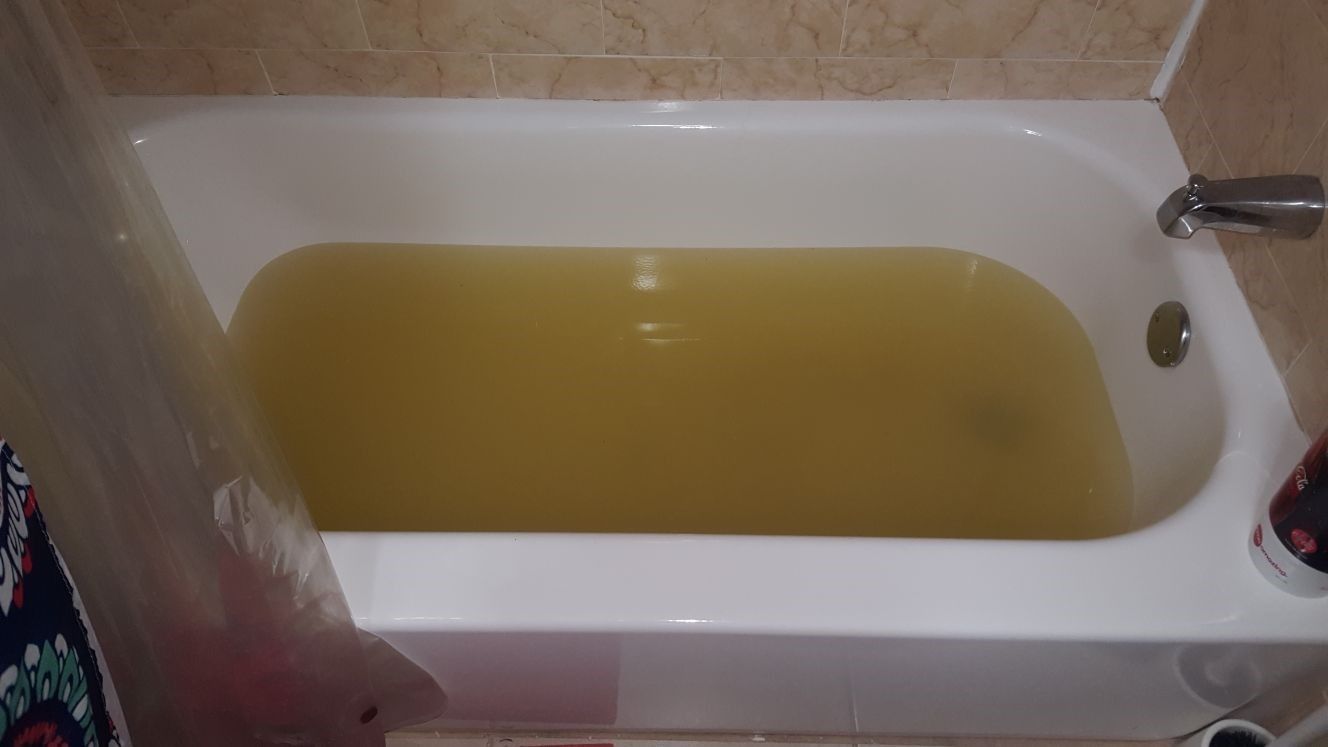
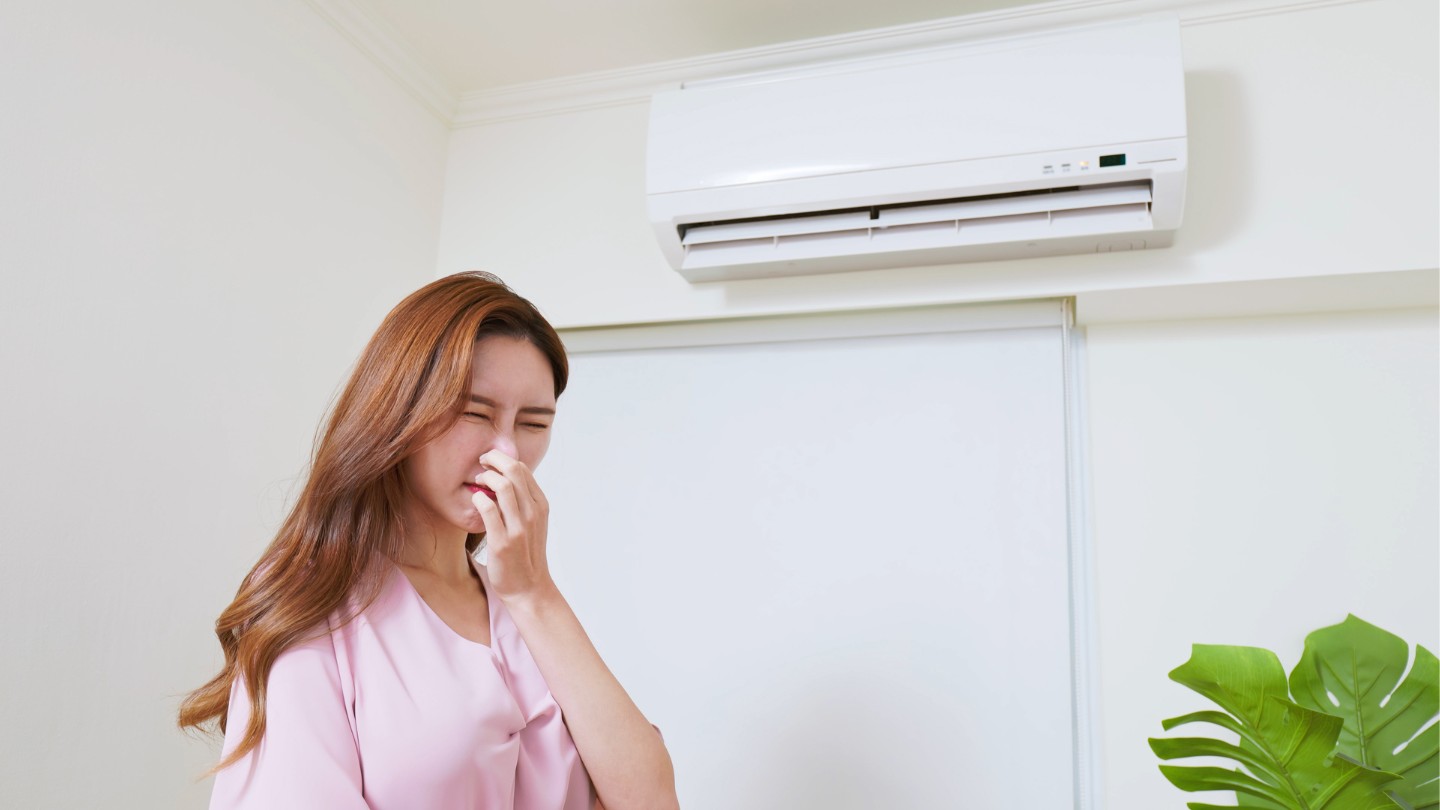







0 thoughts on “Why Does My Washing Machine Smell Like Sewer”